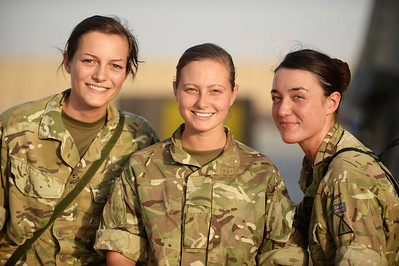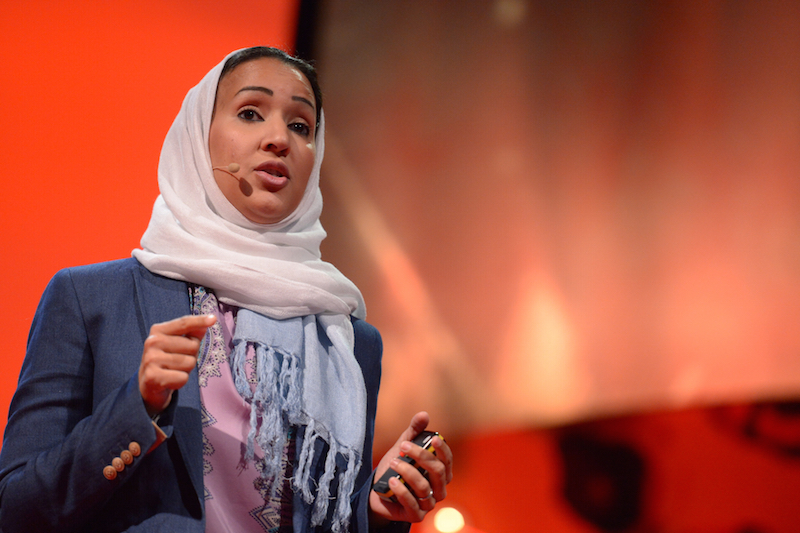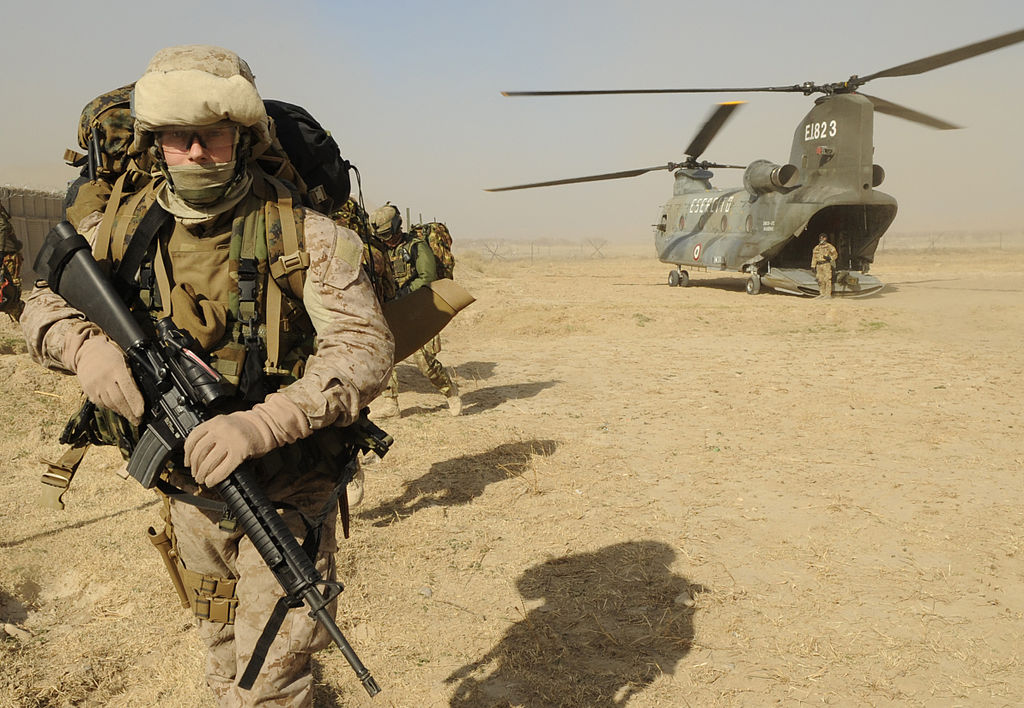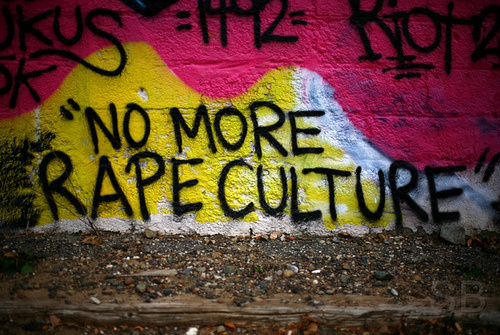The Responsibility to Protect (R2P) is a core tenet of the international community’s approach to ending and preventing atrocities, such as war crimes and genocide, around the world. Since its adoption by the UN in 2005, other multilateral institutions, including NATO, have adopted its principles. While there is still a great deal of progress to be made on R2P by both the UN and NATO, both organizations have been making strides in formulating policy on the role of women in R2P.
That women and girls often experience atrocities differently than males is something R2P advocates and multilateral institutions have both recently acknowledged. In 2020, the UN report on Prioritizing Prevention and Strengthening Response: Women and the Responsibility to Protect notes that gender must be taken into account in assessing early warnings of atrocities, and that increasing women’s participation in political and peace processes is an important element of R2P and preventing war crimes. Likewise, in a 2018 Speech to the UN Security Council, NATO’s Special Representative For Women, Peace and Security (WPS), Clare Hutchinson, emphasized the importance of women’s involvement and empowerment as intricately linked to R2P.
In order to truly assess the UN’s and NATO’s practical application of these affirmations, one must look at the policies and practices they have engendered. In the case of NATO, two of the most prominent policies on the subject are, Policy on Women, Peace and Security (2018), and Policy on Preventing and Responding to Sexual Exploitation and Abuse (2020). The policy does have a number of important elements that advance the R2P agenda on women. It acknowledges the unique challenges facing women and girls in conflict zones, as well as the importance of including women in the public sphere and conflict resolution. Likewise, it made a tangible contribution to improving the involvement of women in peace and security by ensuring female representation in a wide range of its positions and by applying gendered analyses to its operations. However, as it stands that women only make up 37% of the international staff and only 22% of senior management, which suggests that there is still significant room for improvement in equitable female participation in decision-making and planning.
Another challenge to NATO’s approach lies in the fact that it relies on individual states to implement these policies. As with the 2018 Policy, NATO’s more modern Sexual Exploitation and Abuse Policy continues to place the bulk of responsibility on individual member states for implementing the policy guidelines, and for investigating and disciplining their violators. The lack of standardized policing of the guidelines does not provide member states with strong incentives to adhere to these policies and makes it more difficult for NATO to ensure compliance. In part, this problem is a symptom of the structure of NATO as a consensus-based alliance, which requires all member states to agree on all policies and practices, thus making it difficult to create any formal responses at an institutional level to infractions. In order to better address this issue, NATO must consider how it can better ensure adherence in the future, including the possibility of publicly naming policy violators and publicizing member states oversee and address these non-compliance.
In the case of the UN, on the other hand, the two most relevant policies are UN Security Council Resolutions 1325 and 1820. UNSC 1325 is considered one of the most important WPS documents and codified the four pillars of the WPS agenda. These pillars are the same ones advocated in the aforementioned 2020 UN R2P Report, and by Clare Hutchinson in 2018. In a similar vein, UNSC 1820 formally acknowledges Conflict Related Sexual Violence (CRSV) as a crime against humanity, firmly placing it within the R2P scope and providing for international pressure to prevent CRSV and punish it accordingly. In this resolution, the UN formally demands adherence to these principles by all state and non-state actors around the world.
While the UN’s ability to enforce compliance to UNSC 1820 has not been perfect, it has made great strides in addressing these issues. Under UNSC 1820, CRSV was for the first time seen as a criteria for the application of sanctions by the UN. Moreover, since this change was made, the UN has applied sanctions under the independent criterion of CRSV in the Central African Republic, Libya, Somalia and South Sudan. The UN has also gone beyond the public sphere and has sanctioned individuals, thus enforcing compliance by non-state actors. However, this formal process to respond to breeches of their policies strongly contrasts NATO’s policies which do not include any formal ability of the organization to sanction or punish non-compliance by members.
The UN approach is by no means perfect and suffers from some structural problems in its resolutions. Significantly, UNSC 1820 focuses on CRSV solely as a tactic of war, ignoring it as a tactic of oppression and control. This is particularly relevant when looking at how the UN is able to respond to CRSV with countermeasures. In the future, the UN will have to define the limits to which it contends with CRSV.
The UN and NATO have both been instrumental in pushing forward policies addressing women in conflict zones and R2P. However, the institutional nature of the organizations has meant that the organizations have diverged in how they seek to implement these principles. The UN has been able to be more aggressive in both their language and responses to the issue, while NATO has made substantial strides in incorporating gender perspectives, and women into their operations. Both have issues that they will have to address in the future, but the first steps have been taken to addressing women in R2P. Hopefully, they will both choose to keep walking this path.
Featured Image: Three Women in Army Fatigues (2015), by Si Longworth Photography via Flickr.
Disclaimer: Any views or opinions expressed in articles are solely those of the authors and do not necessarily represent the views of the NATO Association of Canada or any organization.




